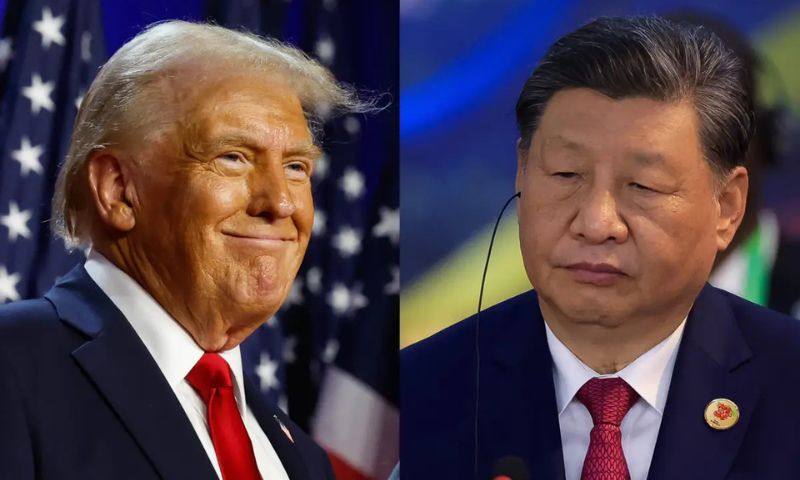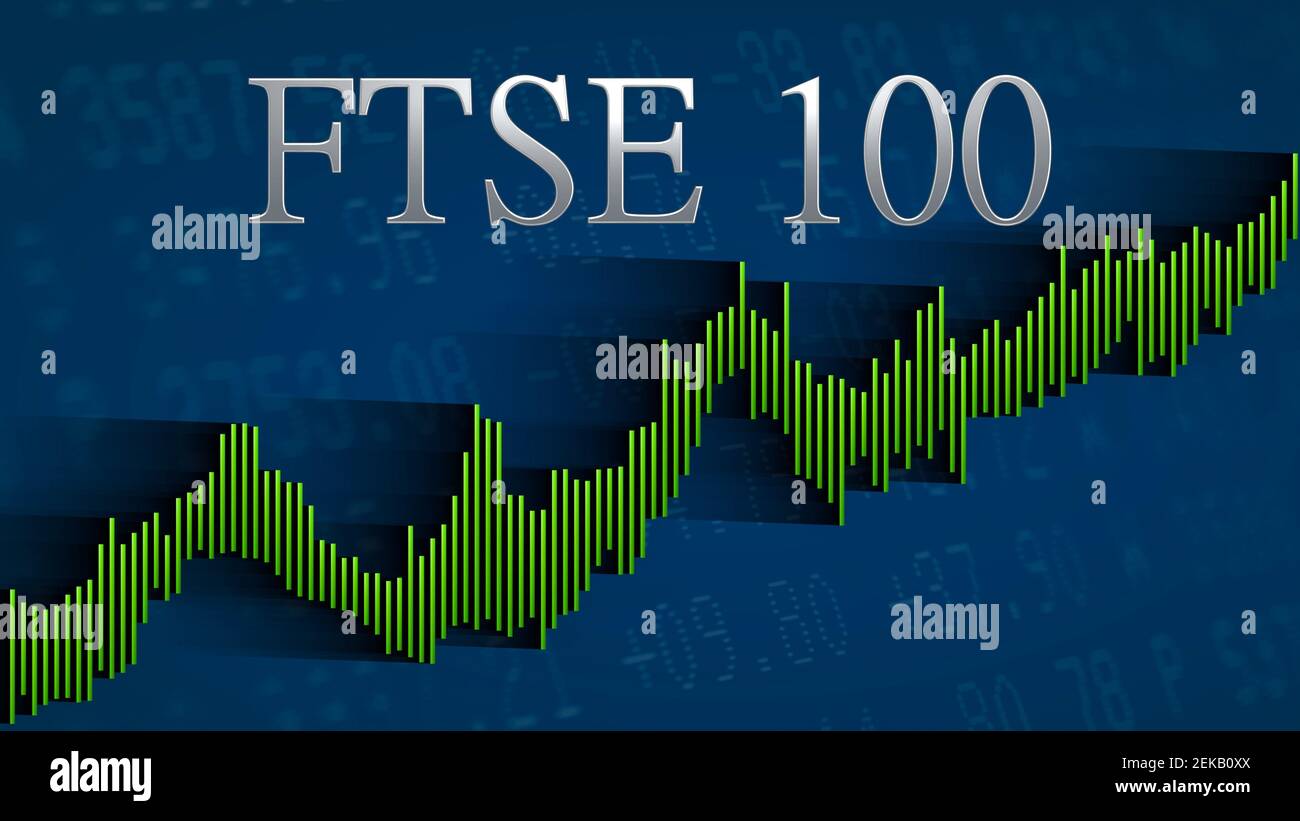
Donald Trump’s looming tariff strike on the European Union—expected to impose sweeping levies of up to 30%—is not just a geopolitical flashpoint, but a macroeconomic shockwave, warns the CEO of one of the world’s largest independent financial advisory and asset management organizations.
“Trump’s tariff offensive is set to force the hand of central banks around the world,” says Nigel Green of deVere Group.
“The fallout will push many of the major central banks we track into measured rate cuts over the coming months—potentially starting with the European Central Bank.”
The ECB is expected to hold rates steady this week, but is widely seen preparing to cut later this year as trade tensions mount and growth cools across the eurozone.
“This could be a full-blown policy reset,” he explains. “The ECB and others could have no choice but to ease in the face of declining exports, weakening sentiment, and a fractured global trade regime.”
The European Union is currently drafting emergency measures in case negotiations with the White House collapse before the 1 August deadline.
Trump’s plan for near-universal tariffs—with few carve-outs—would hit European carmakers, luxury goods, agriculture, and industrial exports hard.
“We’re likely heading into a prolonged standoff,” the deVere chief executive warns. “Central banks are being dragged onto the frontline. Their policy toolkit will now be used to soften a blow they didn’t create.”
Nigel Green says the emerging macro environment calls for investors to act deliberately—but without panic.
“Diversification isn’t optional, it’s essential,” he says. “As rate cuts become the default response, we expect defensive asset classes—quality bonds, blue-chip dividend stocks, and infrastructure plays—to gain traction.”
He also flags potential currency shifts.
“With the possible euro weakening in anticipation of ECB cuts, global investors may look to rebalance FX exposure,” he adds. “Currency positioning could play a larger role in portfolio strategy than at any time since the Covid era.”
He continues: “This is not the time to sit still. Investors should be asking: ‘Is my portfolio built for uncertainty? Can it absorb policy shocks? Am I overexposed to trade-sensitive regions or sectors?’”
Nigel Green pushes back on the idea that monetary easing is stimulative in the traditional sense.
“This won’t be the kind of rate cutting cycle that fuels rallies. It will be more like triage,” he says. “Central banks will be cutting to manage risk, not to chase growth.”
While all eyes are on the ECB this week, the deVere CEO says ripple effects will hit Asia, Latin America, and even the US Federal Reserve.
“If the Fed sees global demand weaken due to tariffs, it will likely respond with further easing—especially if inflation remains contained,” he notes. “The dominoes are lining up fast.”
He concludes: “We are likely to be entering a new monetary era shaped by political conflict, not just economic data. Investors need to position for what’s coming, not just hope for what used to be.”













